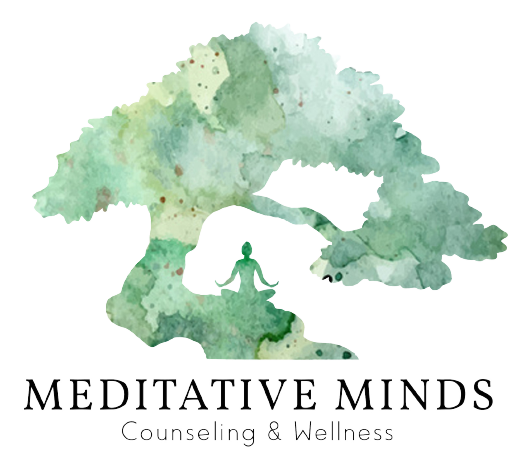In every relationship, conflict is inevitable. Whether it arises from misunderstandings, differences in perspective, or external pressures, how couples navigate these conflicts can significantly impact the health and longevity of their partnership. Couples therapy, often seen as a last resort or a crisis intervention, can actually serve as a proactive tool to enhance communication, understanding, and intimacy between partners.
Embracing Conflict as a Pathway to Growth
Contrary to popular belief, conflict in a relationship is not always a sign of impending doom. In fact, when handled constructively, it can be an opportunity for growth and deeper connection. Couples therapy encourages partners to view conflict as a natural part of any relationship and teaches them skills to manage disagreements effectively.
Therapists often emphasize the importance of active listening and empathetic communication during sessions. These skills not only help couples to understand each other’s perspectives better but also foster an environment where both partners feel heard and valued. By creating a safe space to express feelings and concerns openly, therapy can prevent resentments from building up and becoming more challenging to resolve in the future.
One of the fundamental principles in this approach is the idea that conflict, when managed constructively, can deepen understanding and strengthen bonds between partners. Therapists guide couples through techniques that promote active listening, empathy, and effective communication. These skills not only facilitate the resolution of immediate issues but also foster a deeper appreciation for each other’s perspectives and emotions.
Building Bridges, Not Walls
One of the primary goals of couples therapy is to strengthen the emotional bond between partners. This involves identifying and addressing underlying issues that may be contributing to conflict. Therapists help couples explore their emotional triggers, past experiences, and communication patterns that may be hindering their ability to resolve conflicts effectively.
By encouraging couples to approach disagreements with empathy and understanding, therapists facilitate the creation of shared goals and strategies for managing conflict in the future. This collaborative approach not only resolves immediate disputes but also equips partners with tools to navigate future challenges together.
Another key aspect of building bridges is enhancing communication skills. Therapists teach couples techniques such as active listening, assertiveness, and non-verbal communication, empowering them to express their thoughts and feelings constructively. By creating a safe environment for open dialogue, therapy encourages partners to communicate honestly and respectfully, bridging the gap between differing viewpoints.

Honoring Individuality within Partnership
While a relationship requires compromise and mutual respect, it is equally important for each partner to maintain their individuality. Couples therapy acknowledges the unique identities, values, and needs of each person in the relationship. Therapists work with couples to strike a balance between togetherness and autonomy, ensuring that neither partner feels overshadowed or disregarded.
By fostering a sense of individual fulfillment within the partnership, therapy helps couples to appreciate each other’s strengths and differences. This acceptance lays the groundwork for a more resilient and supportive relationship where both partners can thrive personally and as a couple.
The Journey Towards Lasting Intimacy
Ultimately, couples therapy is not just about resolving conflicts but about cultivating a deeper sense of intimacy and connection. It encourages partners to celebrate their successes, express gratitude for each other’s efforts, and cultivate shared experiences that strengthen their bond over time.
While the journey through couples therapy may not always be easy, it offers invaluable insights and tools for navigating the complexities of relationships. By embracing conflict as an opportunity for growth, building bridges of understanding, honoring individuality, and nurturing intimacy, couples can forge a path towards a more fulfilling and enduring partnership.
Conclusion
In conclusion, couples therapy provides a roadmap for navigating conflict with compassion and resilience. By learning to communicate effectively, understand each other’s perspectives, and embrace the uniqueness of their relationship, couples can transform conflicts into opportunities for deeper connection and lasting happiness.
Contact us today at Meditative Minds Counseling & Wellness, located at 2806 Cochran St, Simi Valley, CA 93065, to embark on this transformative journey together.


